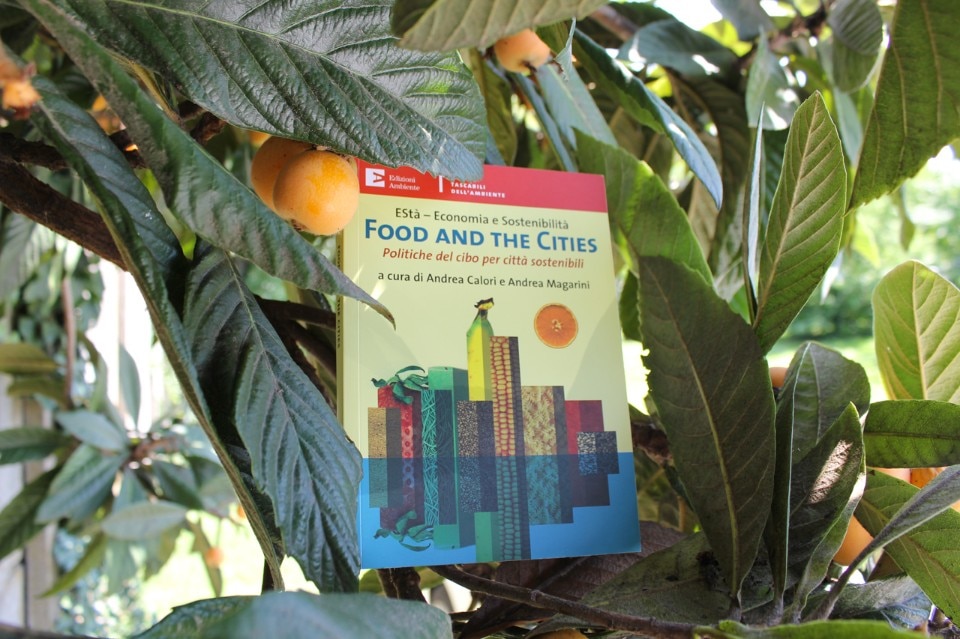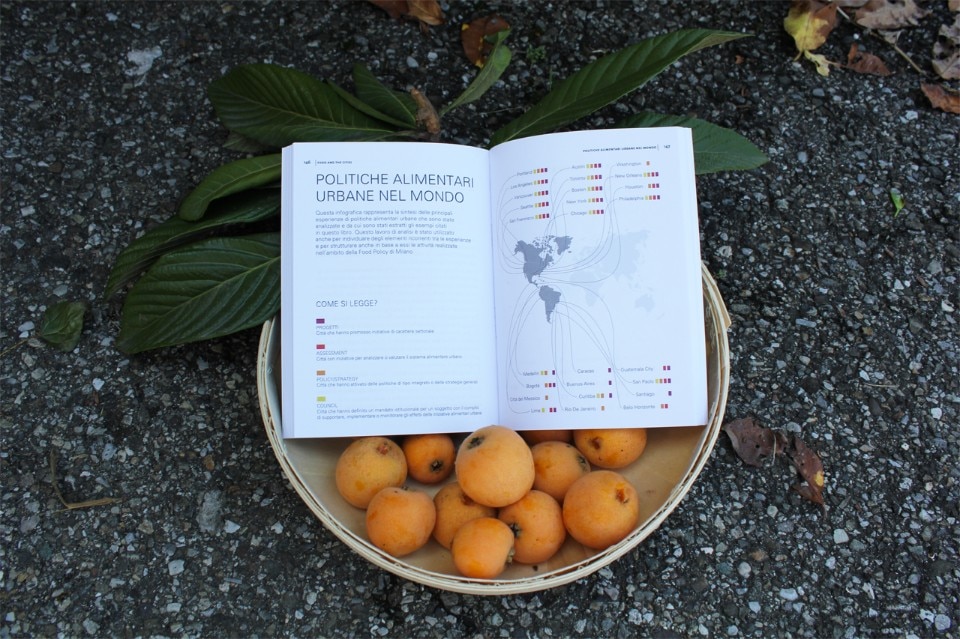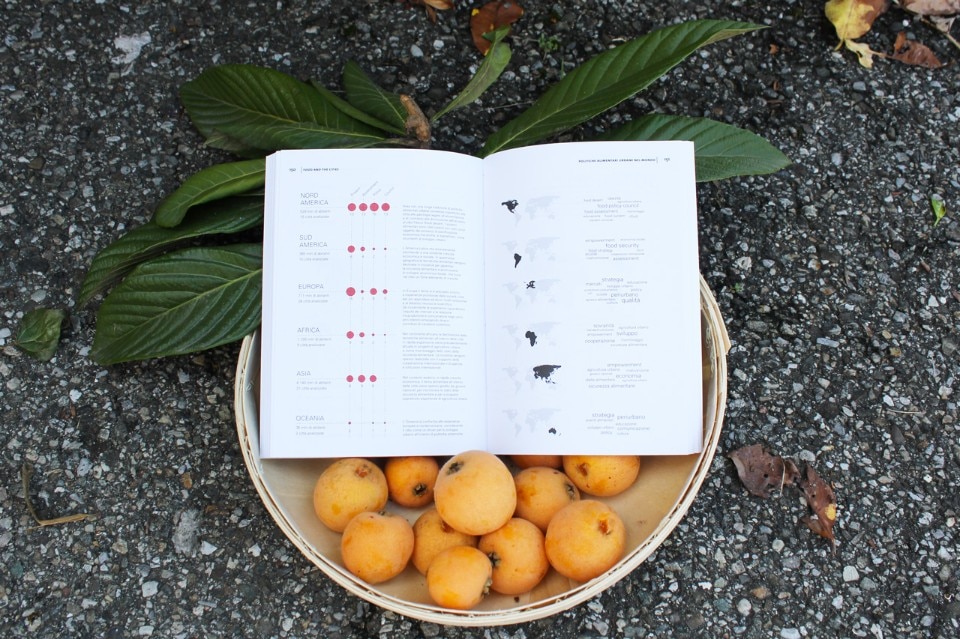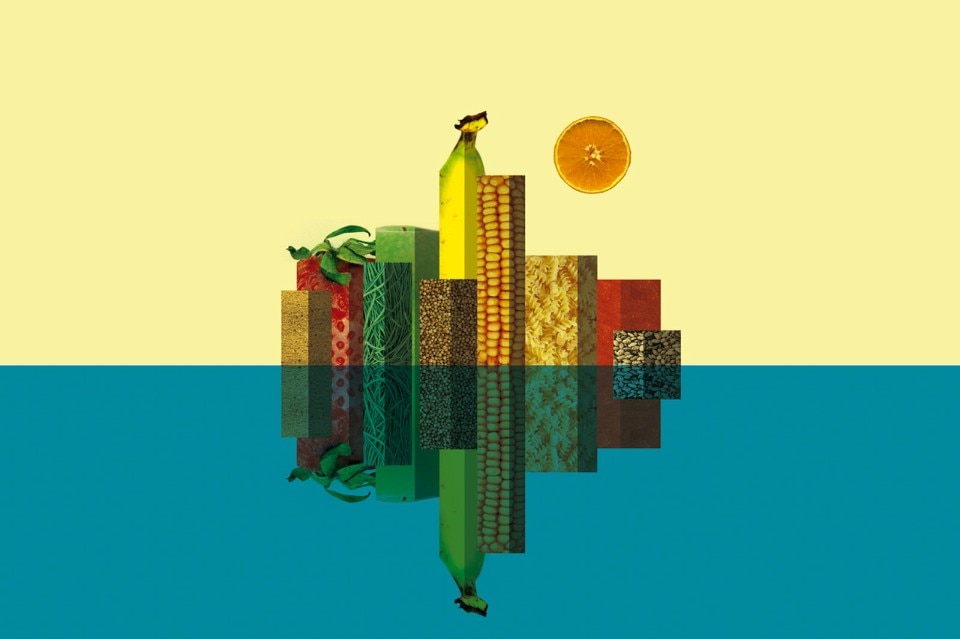An atlas exploring the link between food and the city to connect Italy to worldwide experiences in the field, Food and the Cities. Food Policies for Sustainable Cities (Edizioni Ambiente) was published last autumn, coinciding with the closure of Expo 2015 and the signing of the Milan Urban Food Policy Pact. Now, a few months later, it is easier for the public debate to separate the Expo from the political controversy regarding the event’s organisation and management – and perhaps a good time to go back to this book.

Leaving aside a statistic so frequently cited that it has lost all its bite – the fact that more people now live in urban centres than in the countryside – Food and the Cities has gathered surprising figures on the demographic and productive importance of agriculture in the city, which in 1996 the UN had already estimated as constituting 20% of all food production worldwide. Let us cite just two examples: approximately 80,000 community gardeners (plus another 16,000 on the waiting list) are active on Berlin’s publically owned land alone; 40% of Vancouver’s population is directly involved in some form of farming.
According to the editors, these and many other facts demonstrate that what is happening in the West (the book’s analysis focus, although it acknowledges the inspiring role played by Asian capitals) is a distortion of the relationship between city and countryside as we have known it for the past 60/70 years. After a long period spent repressing “the rural in the modern culture”, the victims of which include periurban belts, seen as lacking quality, dozens of metropolises have rediscovered – or had to rediscover in order to cope with ever more pressing problems – a new balance of the two dimensions.

We are talking about an ecosystem that, despite differing in size and set up in different countries, is centred on a reality of “urban plots and gardens, community cultivation, markets for local products, basic food awareness, shared kitchens, redistribution of food surpluses, complementary currencies for local circulation, or other micro-economies that are emerging in all phases of the food cycle, from production to re-use and recycling of organic waste and discarded food.”
In Hungry Cities Caroline Steel said that “Food shapes cities,” but Calori and Magarini propose a definition of food as “urban infrastructure”. Regulating potential action or supporting the spontaneous actions of the population will require changes to “social and economic innovation, welfare politics, the governance of urban areas, and even the mechanisms of representative democracy”, encouraging, in continuity with a historic component of the farming culture, “the maintenance and reproduction of a heritage that cannot be completely monetized.”



